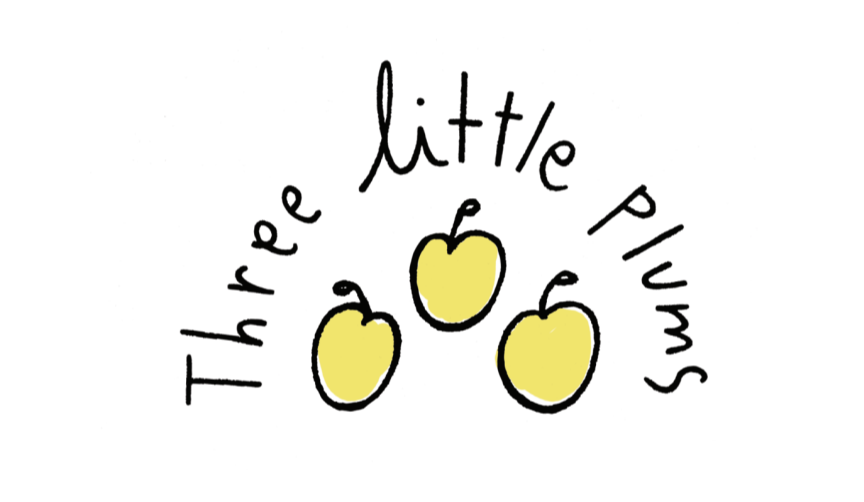Organic vs Non Organic Produce: 2020 'Dirty Dozen' and 'Clean 15' Buyers Guide


Let’s keep it simple: make sure you are buying the following fruits and veggies organic.
The reason? According the @environmentalworkinggroup yearly ‘“Shoppers Guide to Pesticides in Produce’ the following fruits and veggies have the highest levels of pesticides. This means you definitely want to buy organic versions of them to avoid ingesting these harmful chemicals.
’EWG Dirty Dozen’
Strawberries
Spinach
Kale
Nectarine
Apples
Grapes
Peaches
Cherries
Pears
Tomatos
Celery
Potatoes
Hot pepper
Why are Pesticides bad for everyone- but especially kids?
According to the American Academy of Pediatrics “ children have unique susceptibilities to [pesticide residues’] potential toxicity.” Pesticide exposures in early life has been linked to pediatric cancers, decreased cognitive function and behavioral problems.
The good news is that there are fruits and vegetables that have consistently shown very low levels of pesticides - these are safe to buy conventional (not organic) “
“Clean 15”
Avocado
Sweet corn
Pineapple
Onions
Papaya
Sweet peas frozen
Eggplant
Asparagus
Cauliflower
Cantaloup
Broccoli
Mushrooms
Cabbage
Honeydew
Kiwi
I usually screen shot these lists and have them handy to bring with me to the farmers market and supermarket! If you would like you can download them as a pdf here
I also always clean ALL my fruits and vegetables - even when they are organic- because even organic produce can contain trace amounts of pesticides (from neighboring non organic fields) in addition de bacteria and other germs from people handling them etc. Submerge them in vinegar and water (60% vinegar : 40% water) or hand wash with soap and water!
